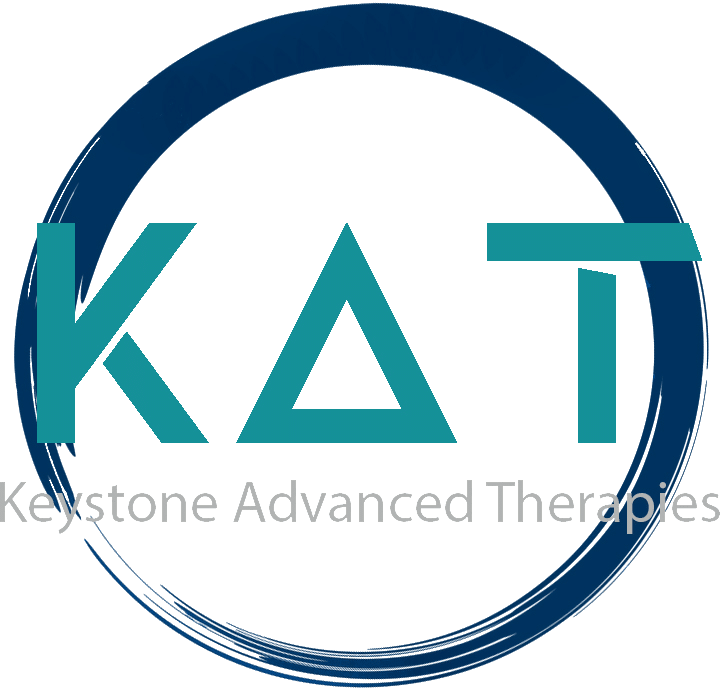Understanding Depression Treatment
Depression treatment is a crucial aspect of mental health services. Recognizing the signs and symptoms of depression is the first step towards seeking professional help and finding effective treatment for depression. It’s important to understand that seeking treatment for depression is not a sign of weakness, but rather a proactive step towards improving overall well-being. By exploring comprehensive treatment options, individuals can find the support they need to manage their symptoms and lead fulfilling lives.
Recognizing Symptoms
Recognizing the symptoms of depression is essential for seeking timely help and support. Understanding the common signs of depression, such as persistent sadness, changes in appetite, and loss of interest in activities, can provide valuable insight into one’s mental well-being.
Identifying Common Symptoms
- Persistent sadness or a feeling of emptiness that lasts for an extended period.
- Changes in appetite, resulting in weight loss or gain without intending to do so.
- Loss of interest in activities that were once enjoyable, leading to withdrawal from social interactions.
Effects on Daily Life
Depressive symptoms can significantly impact daily life, including relationships, work, and overall well-being. Individuals experiencing depression may find it challenging to concentrate at work or engage in social activities. It can also strain personal relationships and lead to feelings of isolation and loneliness.
Remember: Recognizing these symptoms is the first step towards seeking professional help and finding effective treatment for depression.
Importance of Professional Help
Seeking professional help for depression is a crucial step towards managing and treating the condition effectively. Mental health professionals are equipped with the expertise to provide the necessary support and guidance for individuals experiencing depression. By seeking support from trained professionals, individuals can gain valuable insights into their condition and access tailored depression therapy.
Seeking Support
When dealing with depression, seeking support from mental health professionals can provide a sense of validation and understanding. These professionals offer a safe space for individuals to express their emotions and experiences without judgment. Through therapy sessions, individuals can learn coping mechanisms and strategies to navigate their symptoms effectively.
Accessing Resources
In addition to one-on-one therapy sessions, accessing resources such as support groups and community networks can further enhance the treatment journey. These resources offer opportunities for individuals to connect with others who may be going through similar experiences, fostering a sense of community and understanding.
Comprehensive Treatment Options
When it comes to comprehensive treatment for depression, there are various therapeutic approaches and holistic well-being strategies that can significantly contribute to the management of depressive symptoms.
Therapeutic Approaches
Exploring different therapeutic approaches is essential in addressing depression comprehensively. Integrated depression therapy often involves a combination of medication, counseling, and psychotherapy. Cognitive-behavioral therapy (CBT) is one such approach that focuses on identifying and modifying negative thought patterns and behaviors associated with depression. Additionally, interpersonal therapy (IPT) helps individuals improve their communication skills and navigate relationship challenges, which can be particularly beneficial for those experiencing depressive symptoms.
Holistic Well-being
In the context of depression treatment, addressing holistic well-being goes beyond solely focusing on mental health. It encompasses a multidimensional approach that considers physical, emotional, social, and spiritual aspects of an individual’s life. Holistic depression treatment may include practices such as mindfulness meditation, yoga, regular physical activity, and nutritional interventions. These holistic approaches aim to promote overall well-being and resilience while complementing traditional therapeutic methods.
Depression Treatment in West Lawn, PA
Local Treatment Services
In West Lawn, PA, access to depression treatment services is readily available to support individuals in their mental health journey. From licensed therapists to specialized treatment centers, individuals can find a range of mental health services tailored to address their specific needs. These services may include individual counseling sessions, group therapy programs, and psychiatric evaluations to determine the most effective treatment approach for each person.
Seeking professional help for depression in West Lawn, PA offers individuals the opportunity to work with experienced mental health professionals who understand the unique challenges associated with the condition. Accessing local treatment services ensures that individuals receive personalized care and support as they navigate their journey towards improved mental well-being.
Community Support
Community support plays a vital role in the context of depression treatment in West Lawn, PA. Engaging with local support groups and community organizations provides individuals with opportunities to connect with others who may be experiencing similar challenges. These connections foster a sense of belonging and understanding, creating a supportive environment where individuals can share experiences and learn from one another.
Moreover, community support networks often organize educational events, workshops, and social gatherings aimed at promoting mental health awareness and destigmatizing discussions around depression. By actively participating in these community initiatives, individuals can cultivate a strong support system while gaining valuable insights into managing their mental health effectively.
The Impact of Ketamine Infusion Therapy
Understanding Ketamine Therapy
Ketamine infusion therapy has emerged as a promising treatment for individuals struggling with depression. Unlike traditional antidepressants, ketamine works rapidly to alleviate symptoms, offering hope to those who have not responded to other forms of treatment. By targeting neurotransmitters in the brain, ketamine infusion therapy can lead to a significant reduction in depressive symptoms, providing relief for individuals experiencing persistent feelings of sadness and hopelessness.
Efficacy and Safety
The efficacy and safety of ketamine infusion therapy as a treatment for depression have been well-documented. Research studies have demonstrated the rapid onset of action associated with ketamine, making it a valuable option for individuals in acute distress. Furthermore, under the supervision of trained medical professionals, ketamine infusion therapy is considered safe and well-tolerated by most patients.
Seeking Help for Depression
Seeking help for depression is a courageous and proactive step towards improving mental well-being. It’s essential to address the stigma surrounding mental health and seeking help for depression, as this can often act as a barrier for individuals in need of support. By breaking the stigma, we create a more open and understanding environment where individuals feel comfortable discussing their experiences and seeking the help they deserve.
Breaking the Stigma
Breaking the stigma surrounding mental health involves fostering open conversations and dispelling misconceptions about depression. It’s important to emphasize that seeking help for depression is not a sign of weakness but rather a demonstration of strength and resilience. By raising awareness about the prevalence of depression and normalizing discussions around mental health, we can encourage individuals to seek support without fear of judgment or discrimination.
Encouraging Support
Encouraging support for those experiencing depression involves creating a supportive network of friends, family, and professionals who can offer guidance and empathy. It’s crucial to remind individuals that they are not alone in their journey towards better mental health. Encouraging open communication and providing resources for depression counseling and treatment options can empower individuals to take proactive steps towards managing their symptoms effectively.
Conclusion
Seeking professional help and exploring comprehensive treatment options are essential steps in managing depression and enhancing overall well-being. By recognizing the signs and symptoms of depression and understanding the importance of accessing mental health services, individuals can take proactive measures to address their condition. It’s crucial to break the stigma surrounding treatment for depression and encourage support from both professional sources and community networks. Remember, seeking help is a courageous decision that can lead to significant improvements in mental health.
Remember: You are not alone in your journey towards better mental health. Encouraging open communication and providing resources for depression counseling and treatment options can empower individuals to take proactive steps towards managing their symptoms effectively.














